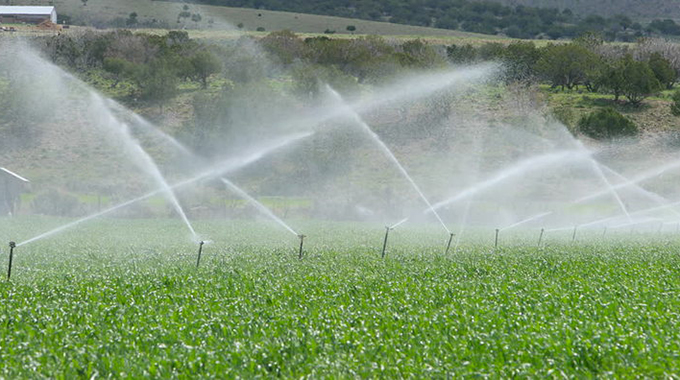Take up agriculture as a career, says farmer

The Rhodesia Herald 11 May 1973
Rhodesia needs young men of character and ability to enter the farming industry and make it their career, Shamva farmer and Rotarian Mr John MacIntyere told the Rotary club of Salisbury yesterday.
“There is no life that is so full of challenges, offers such a variety of interests and is less hide bound — in a word, farming is life in capital letters,” he said.
The first requirement for the man or woman interested in a farming career is a love for the country and a desire to work the land. He or she must also be a natural leader.
Mr MacIntyre said an assistant could earn $6 000 upwards after his fifth year depending on the size of the enterprise.
For the man who goes on his own, there are three choices.
He can lease a farm, buy one on borrowed money or go into partnership.
Mr. MacIntyre concluded: “Without the farmers you will have no Rhodesia and I can assure you those men who are farming on average-sized farms on Rhodesia’s border today are determined to stay where they are.”
lessons FOR TODAY
Life on the farm is varied and sometimes surprising. It’s empowering to be self-sufficient, to create a system that not only supports you financially, but is in harmony with the environment.
Being a farmer is a lifestyle as much as it is a job. And it can be one of the most satisfying career choices for both men and women.
There are many different types of farming to consider. Some are more specialised than others and require different skills; while your range of duties will vary greatly depending on what type of farming you’re interested in.
If you want to become a farmer, you’ll need to acquire the practical, technical and theoretical knowledge of farm work. Farming involves plenty of manual labour.
Taking up farming courses is an excellent way to get up to speed and learn everything there is to know about farming practices — from how to perform specific tasks to the business side of things.
A certificate in agriculture will give you the fundamental skills to begin working on a farm. It’s perfect for those who need an introduction to the sector and haven’t found their feet yet. If you don’t have any hands-on farm experience, you’ll get it when you undertake the work placement which is essential to completing the course.






Comments